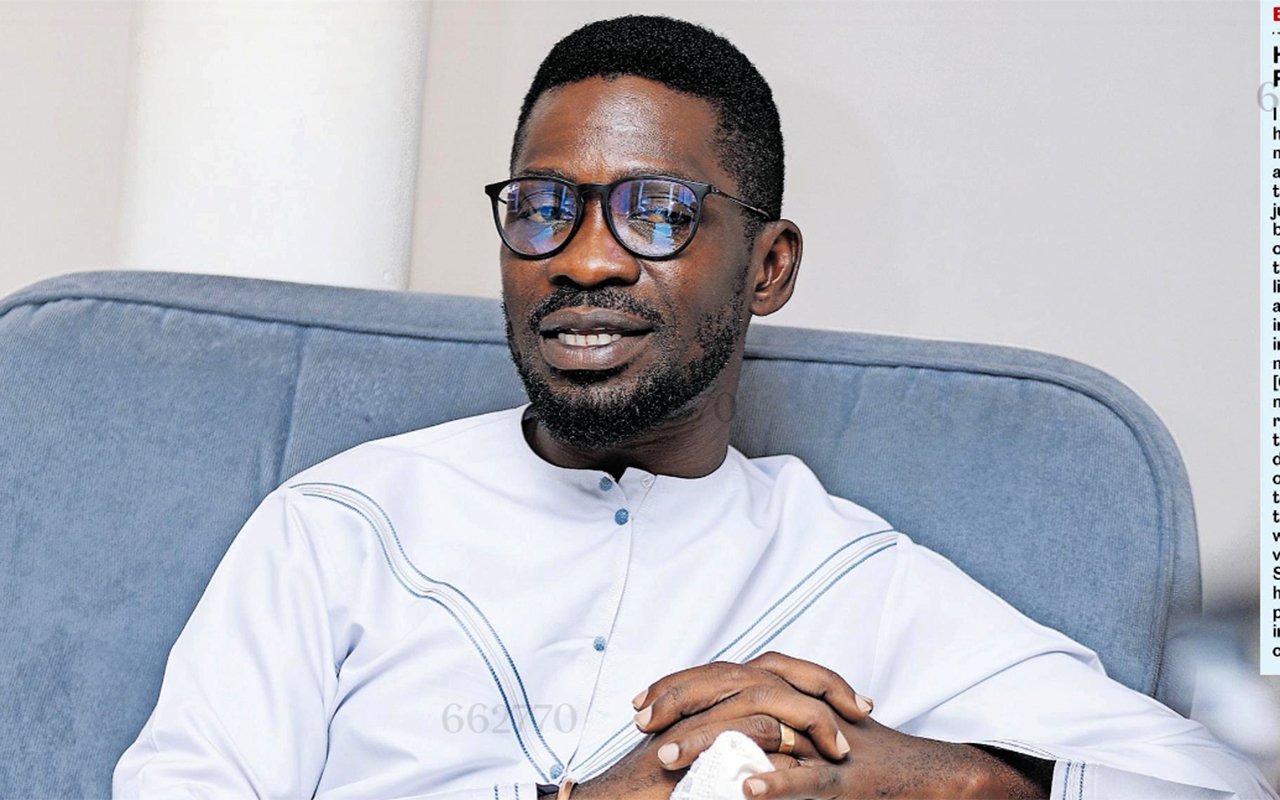Prime
Fiji’s sevens triumph is symbolic of their ‘work together’ ethos

Author, Ben Ryan. PHOTO/COURTESY
What you need to know:
- The sunshine of successive Olympic golds will spread far and wide.
Igot asked on Twitter why the Fijian players always cry when the national anthem is played. It’s true - most of the time that happens and sometimes it’s so emotionally overwhelming it derails the performance if not kept in check.
The initial reaction was to say: “Well it’s obvious isn’t it?” But, that would assume the wider public know about what it really means to all Fijians.
On Wednesday, Fiji won only its second Olympic gold medal, both in their national sport, rugby sevens. There are now 25 Fijians from those two teams who have won a gold medal and now become a signpost to what is possible.
They have smashed the glass ceilings that so often exist in developing countries. Babies born now and in the future will be named Jerry after the team’s captain, Jerry Tuwai – the only survivor of the Rio 2016 winning team and now Fiji’s only double gold medallist. Depending on their local fanbase, others in the squad will have domestic pets and taxis given their moniker. No doubt, civil honours and other awards will follow too. Bridges, schools and roads – they will all have the sunshine of this victory on Wednesday shone on to them and named in its honour and to remember their deeds.
Why? Pride in the team, in the nation. Belonging. The team all come from the people. When I say that, I mean they often have worked or work and certainly live among them. Nearly everyone will have met or know someone who is related to all those who played. No six degrees of separation here – just like the team this week as they play as one.
Most of the population also have very little, so they share and care for each other. Village life and the tribal system has been affected by modern living but the old Fijian phrase of “vei lomani” – work together; love one another – still shines brightly across the Pacific archipelago. In 2016, the captain, Osea Kolinisau, used to take it in turns with his siblings to go to school because they couldn’t afford the bus fare for them all.
Tuwai learnt how to play rugby on a traffic roundabout and used to sell fish on the side of the street to make ends meet for his family. Copper mines, sugarcane fields, farms and hotel resorts – the team have their origin stories wrapped up in those places. One of the team was homeless and unemployed when he made his debut in 2016. He is now an Olympic champion.
Yes, some of the players have gone or are going overseas to play professionally and their income will rocket. It will also – nearly always and nearly all of it – be sent home to the family and the village. Even when they have more, they still share, they still work together. The main island, Viti Levu, where more than 70 percent of the one million population live and the other 300-plus islands that make up the nation, will also be in sevens heaven.
Growing up on the islands, you never really know what’s in store for you, so you stay in the present and it means in moments of celebration such as this – you really live them. Covid is ravaging Fiji and the health service is close to melting point. It is causing political unrest too and so the sevens triumph will give hope, will ease those tensions and will lift a million spirits.
Upbringing, culture and history all get thrown into the tanoa bowl when explaining just why there are so many world-class Fijian rugby players. In fact, after sugar, it is rugby players that is the nation’s second biggest export. The talent is there.
I mostly kept my counsel when I heard other nations complaining of their funding levels, but I wanted to tell them there is another way. Fiji do things simply. They show in sevens that togetherness and a common purpose is more important than any funding. That vision is shared by the people and it means that in moments such as this that pressure elevates all they do.
So, when I sat watching the Olympic final unfold – as Fiji edged towards victory against New Zealand – it filled me with hope, with love and with an overriding feeling that when it is at its best, sport really can change lives.
Ben Ryan was Fiji’s coach when they won their first Olympics gold medal at the Rio 2016 Games.



